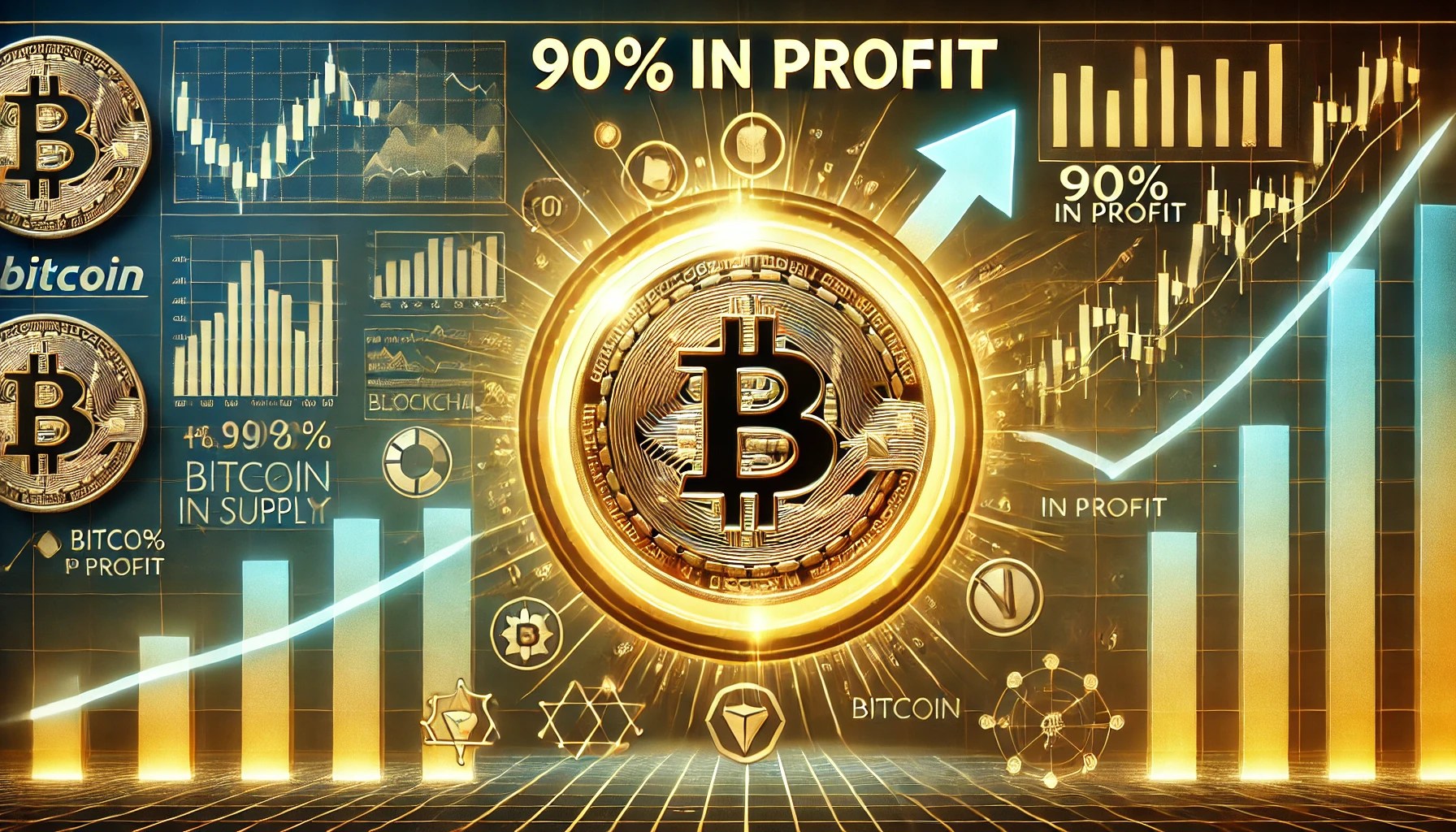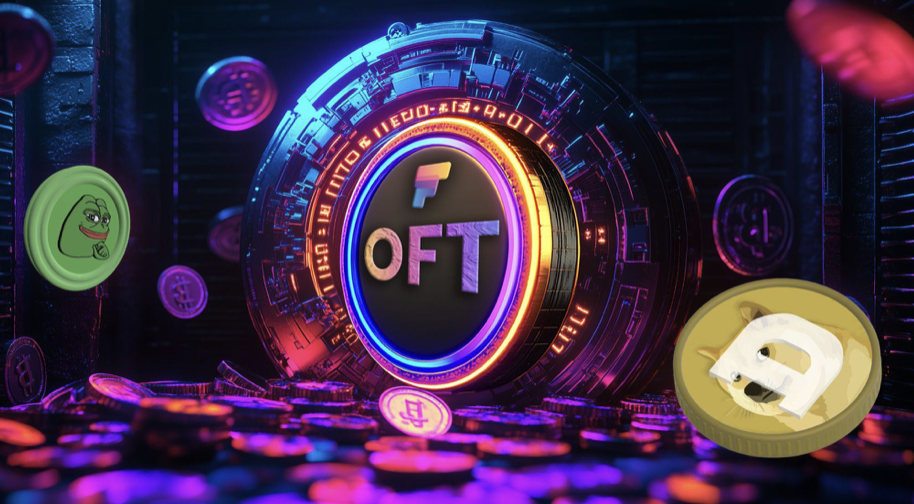ARTICLE AD
The settlement is pending approval by a US Bankruptcy Judge.
Customers of BlockFi, the crypto lender that faced a severe liquidity crisis due to FTX’s collapse, could secure priority $250 million ahead of other creditors as part of its recent settlement with FTX and Alameda Research. Additionally, FTX will dismiss its claims against BlockFi.
According to a filing dated March 6, 2024, BlockFi will receive a total of $874.5 million as compensation for its claims against FTX and Alameda as part of the settlement.
As detailed in the filing, $250 million of the Alameda claim will be treated as a secured claim, which means BlockFi has a higher priority in receiving this amount than other creditors of Alameda in bankruptcy proceedings. Thanks to the secured claim status, BlockFi customers might be able to receive some money earlier than they would through the regular FTX bankruptcy process.
“Further, by agreeing that $250 million of the Alameda claim will be treated as a secured claim, BlockFi ensures that it will receive that $250 million shortly after the FTX plan is confirmed and goes effective – likely allowing a second interim distribution in the near term, before distributions begin on general FTX unsecured claims,” the filing noted.
The rest of BlockFi’s claims will be treated the same as other similar claims under FTX’s plan.
While the settlement agreement shows progress towards potentially significant payments to BlockFi, which could benefit its customers indirectly, there is no certainty that BlockFi customers will receive full repayment for their interest-bearing accounts or other claims they may have against the company. BlockFi has estimated that its customers may receive between 39.4% and 100% of the value in their accounts.
The actual repayments will depend on the success of the bankruptcy proceedings and the ability of both FTX and BlockFi to manage their respective debts and assets. According to a court ruling in January, FTX has planned to refund customers at Bitcoin’s price below $18,000. However, the firm’s attorney noted that full repayment is not guaranteed.
Following its bankruptcy declaration in November 2022, BlockFi announced in October last year that it had exited bankruptcy and would continue to focus on asset recovery and customer repayments.
BlockFi’s largest creditors include Ankura Trust, FTX.US, the US Securities and Exchange Commission (SEC), and many other individual creditors whose identities remain undisclosed. Notably, the SEC has agreed to waive the $30 million claim against BlockFi to allow the firm to prioritize customer repayments.
Last month, a US bankruptcy court approved a settlement between BlockFi and Three Arrows Capital, the cryptocurrency hedge fund that collapsed in 2022. While the court’s approval resolved the counterclaims, the specific details of the settlement remain undisclosed.
The information on or accessed through this website is obtained from independent sources we believe to be accurate and reliable, but Decentral Media, Inc. makes no representation or warranty as to the timeliness, completeness, or accuracy of any information on or accessed through this website. Decentral Media, Inc. is not an investment advisor. We do not give personalized investment advice or other financial advice. The information on this website is subject to change without notice. Some or all of the information on this website may become outdated, or it may be or become incomplete or inaccurate. We may, but are not obligated to, update any outdated, incomplete, or inaccurate information.
You should never make an investment decision on an ICO, IEO, or other investment based on the information on this website, and you should never interpret or otherwise rely on any of the information on this website as investment advice. We strongly recommend that you consult a licensed investment advisor or other qualified financial professional if you are seeking investment advice on an ICO, IEO, or other investment. We do not accept compensation in any form for analyzing or reporting on any ICO, IEO, cryptocurrency, currency, tokenized sales, securities, or commodities.

 10 months ago
41
10 months ago
41 

